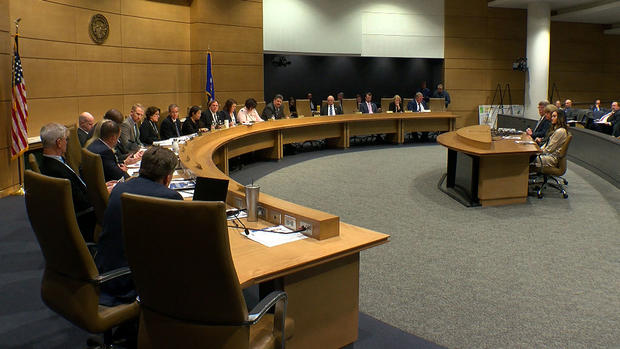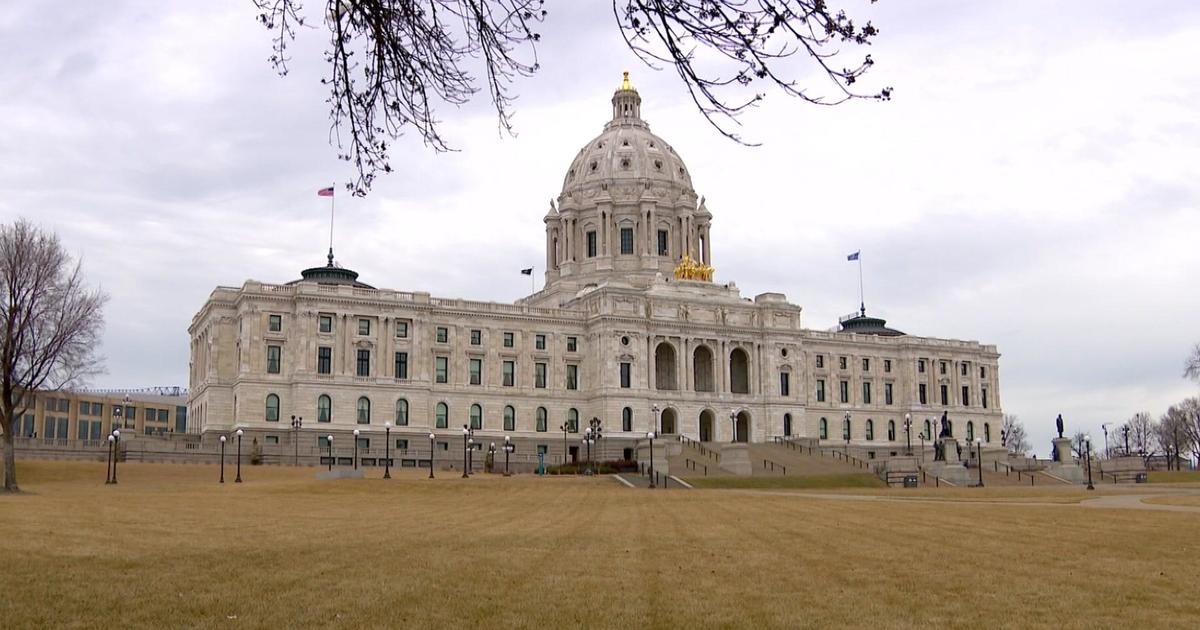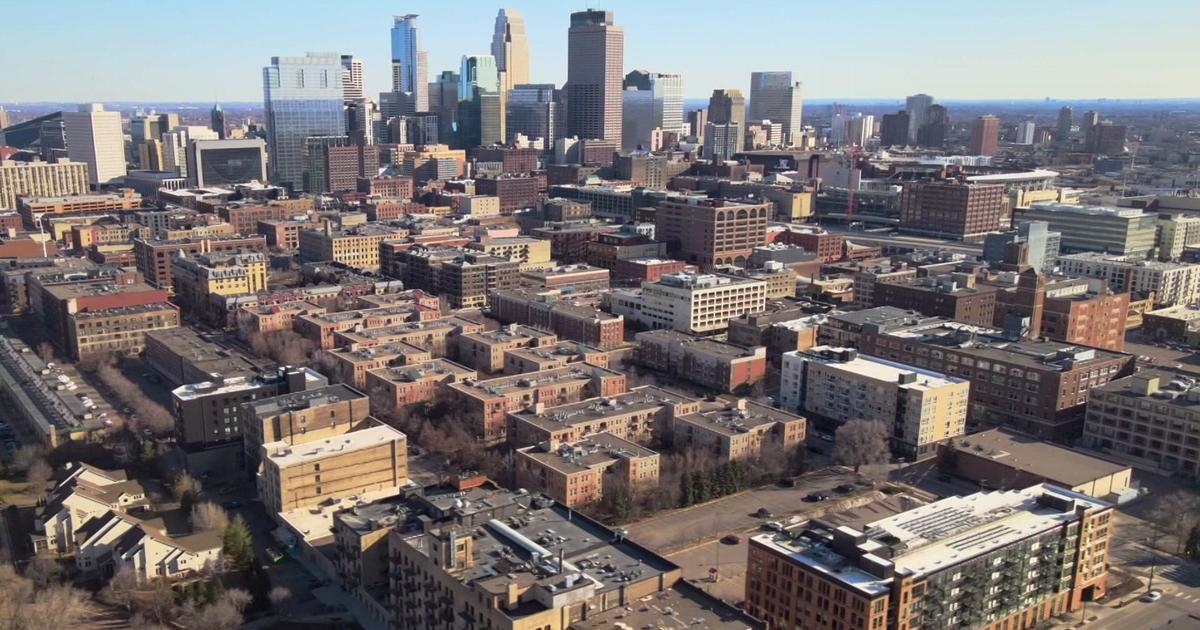The Startling Scale Of Dysfunction At Minnesota's Department Of Human Services
MINNEAPOLIS (WCCO) -- Minnesota's Department of Human Services admits it make a mistake when it overpaid Native American tribes by $29 million for opioid treatment programs over the last several years.
But state lawmakers say that's just one part of a disturbing pattern at the troubled agency.
DHS lost track of hundreds of millions of dollars in taxpayer money in just the last five years. That's according to numerous investigations, reviews and outside independent analysis of one of Minnesota's largest and most important agencies.
READ MORE:'Inexcusable Dysfunction' At MN DHS Led To Overpayments To Tribes
At a Minnesota Senate hearing Wednesday on the opioid program overpayment, Minnesota's Legislative Auditor Jim Nobles criticized the overpayments, revealing there were no controls in place.
"They had no authority to make these payments," Nobles said.
A new OLA investigation found a $30 million overpayment "mistake," sending opioid treatment grants to Native American tribes.
"And we came to the conclusion that it was dysfunction at DHS that caused this problem," Nobles said. "That's a strong word. Dysfunction. A dysfunction in supervision, oversight and control."
But that $30 million opioid over payment is only a fraction of an estimated $413 million that lawmakers say the department lost since 2014, including:
- Up to $271 million failing to verify that people enrolling in public health care programs were eligible.
- $7.7 million in Medicaid fraud.
- A $30 million health care write-off from a software glitch.
- As much as $72 million in child care fraud.
- $3.7 million in Medicaid payments to dead people.
Here's a partial list in one place:
DHS Fraud/Waste
- 2016: $271 million to MNSure.
- 2017: $7.7 million to Medicaid.
- 2018: $30 million to MNCare.
- 2019: $72 million in child care.
- 2019: $3.7 million to dead people.
- 2019: $30 million in opioid overpayments.
Minnesota's sprawling DHS occupies a full city block in downtown St. Paul, with 7,000 employees and a budget of $17.5 billion.
Now a new idea is taking hold: Is DHS too big?
DHS manages thousands of programs for Minnesota's most vulnerable poor, disabled, seniors and children. Those programs include food stamps and housing, health care, refugee resettlement, sex offender treatment, gambling, drug addiction and mental health, and much more.
A department flow chart from a Senate hearing just for the opioid program resembles a quantum physics diagram, with many layers.
"There are many, many supervisors," Nobles said.
But years of negative news about waste and fraud is forcing a new look. Like a giant corporation, Minnesota Democratic Governor Tim Walz has said he would consider breaking up into smaller, more focused agencies.
Newly-appointed DHS Commissioner Jodi Harpstead says she has an action plan to tackle problems at the department. She calls it "Operation Swiss Watch," hoping to help the agency run as smoothly as famous Swiss timepieces.
Harpstead promised to put in place much tougher internal controls than now exist.
Here are some of the sources we used for this Reality Check:
Overpayments To Native American Tribes
MNSure Eligibility Requirements
Pioneer Press: Timeline of 2019 DHS Shakeups
Payments To Dead Medicaid Recipients
Subsidized Health Care Programs Through MNSure
DHS: Oversight Of MNsure Eligibility Determinations for Public Health Care Programs




